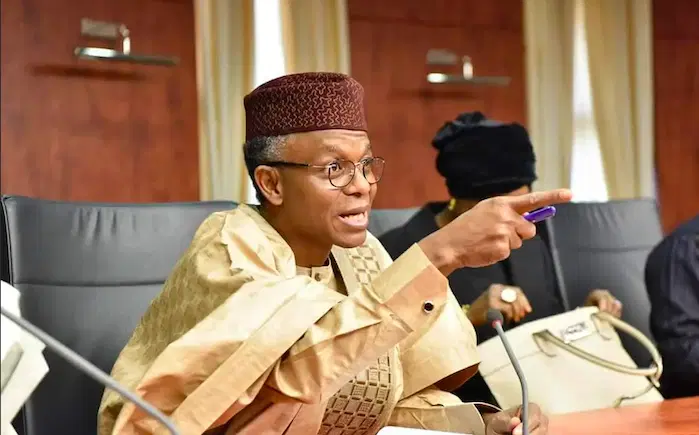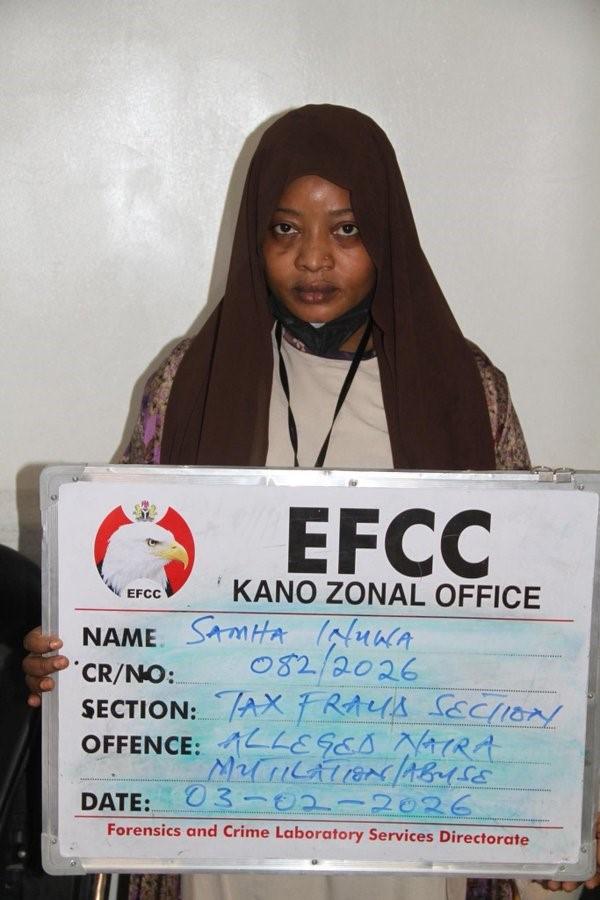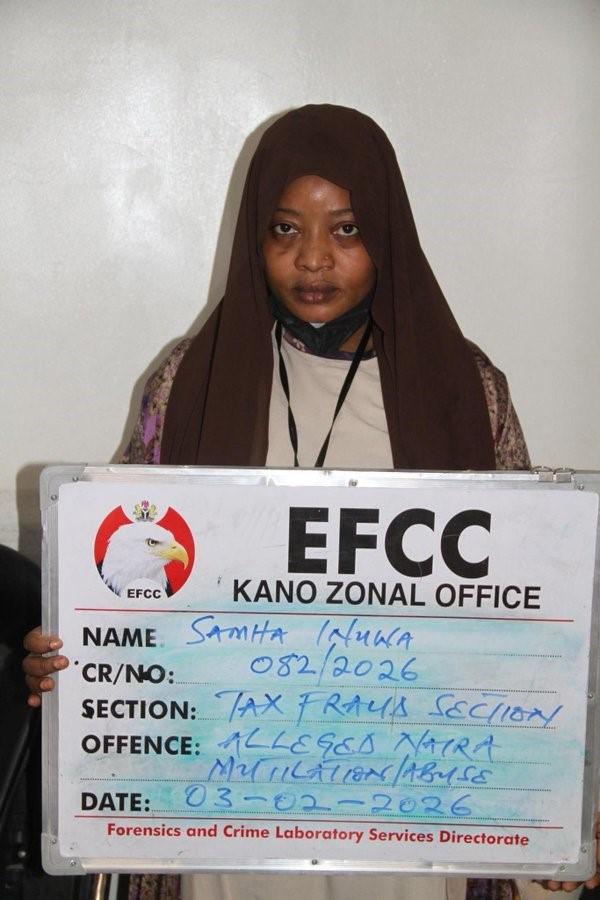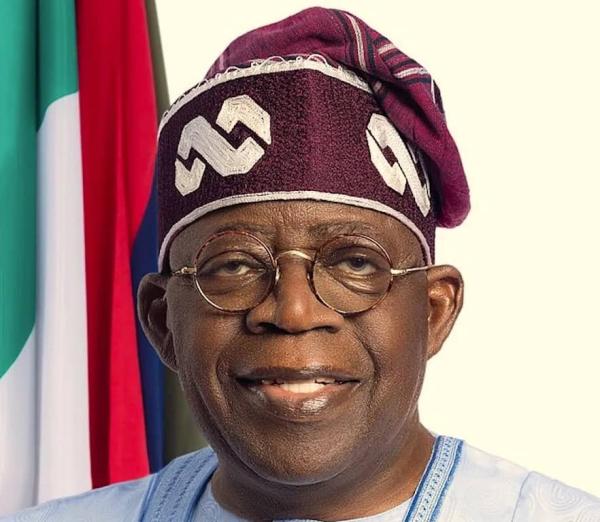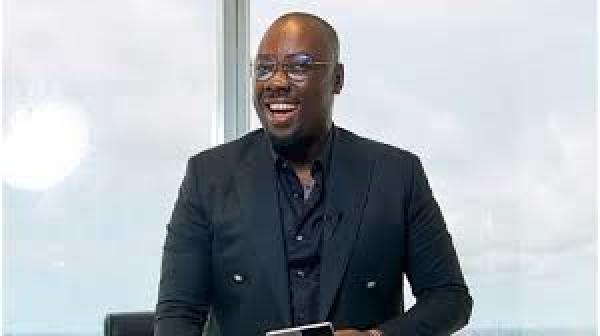
It was a forum put together to highlight the huge unexploited potential of the Nigerian youth. Recently, hundreds of young men and women converged on the main auditorium of the University of Lagos to be part of the 2014 United Nations International Youth Day. The event was organised by the Rise Networks, a non-governmental organisation solely devoted to the cause of Nigerian youths. The chief promoter of the organisation is Toyosi Akerele.
Governor of Cross River State, Liyel Imoke, gave the keynote address at the event that attracted an impressive array of eminent individuals from the worlds of politics, business and social activism, among others. Among the dignitaries were the Governor of Edo State, Comrade Adams Oshiomhole, who was represented by his Chief of Staff, Patrick Obahiagbon; renowned pharmacist and Lagos State governorship aspirant, Mr. Jimi Agbaje; notable business mogul and Nigeria’s richest woman, Folorunsho Alakija; human rights lawyer, Festus Keyamo, and others.
Akerele, while welcoming the guests, intoned that the event was quite significant as it offered yet another opportunity for a discourse on the fate of the Nigerian youth. She harped on the need for the youth to remain focused and pursue their dreams with renewed vigour, affirming that the forum would help instil in the youth a new drive that would propel them into channelling their strengths into building worthy careers. She urged them to take the right messages from the speakers at the event whose life stories, she noted, had become a model for everyone.
Governor Imoke recalled that the International Youth Day was instituted in 1999 by the United Nations, noting that the major aim of the annual event was to bring youth issues to the attention of the international community and celebrate the potential of youth as partners in today’s global society. He praised the organisers of the event, asserting that Toyosi Akerele and the rest of her team at Rise Networks had for long been committed to the coordination of dialogues on issues affecting Nigerian youth as well as helping them achieve education advancement and wholesome human development.
Imoke regretted that the word ‘youth’ had been thoroughly abused and misapplied in the Nigerian context, with many people that had long passed the age still laying claim to the term. In his words, such has inevitably led to a far-reaching identity crisis for the true stakeholders of the categorisation.
He then explained: “In my mind, the youth is constituted of individuals between the ages of 18-35 years old. However, for political reasons, this demographic space has been hijacked by individuals beyond this spectrum. As a consequence, this much heralded, cutting-edge, exciting age of promise and potential, adventure and exploration has had its piercing and incisive blade dulled by the nefarious and selfish intent of imposters.
“For instance, I often ask myself how an 18 year old can harness the opportunities available to them through a scheme for youth agricultural entrepreneurs when a 45 year old, claiming to be a youth, participates in such a scheme and crowds out the intended beneficiaries. This has bred a situation where the true youths are being robbed of their opportunity for self-development by individuals who never saw their own opportunities when they arose. If the destiny of our country is to be bequeathed to today’s youths, the youths need to avail themselves of every opportunity to develop the capacity they require to bear such immense responsibility.”
The governor noted that the enormous force and power of the internet and the social media now has immense influence on the youth, with Facebook, Twitter, Instagram, Youtube, Google Plus, Tumblr, LinkedIn, Skype and others connecting people from across the world in hitherto unimaginable ways. To the governor, what should be uppermost in the minds of all was how to harness the powers of the social media and internet-based brands for the development of the society.
He also lamented what he called the loss of the community, explaining that the pursuit of careers seen as offering better financial rewards had taken pre-eminence over careers which directly contribute to society and social development. He lampooned the youth for their apathy towards many nationalistic affairs.
“In this recent Permanent Voters Card Registration exercise, how many of you here have a permanent voters’ card? From that number, how many of you plan to vote? It may interest you to know that the youth is the biggest voting demographics in the country. Your political engagement can greatly influence society; the youth can lead the discussions about what Nigeria needs to attain its socio-economic potential. If properly harnessed, the youth can use social media to influence the conversation around our development as a nation,” he said.
Imoke identified a lack of investment and government expenditure in the sector as the bane of education in the country, noting that the financial implications of the neglect were mindboggling. “Presently, there are over 75,000 Nigerian students in Ghana who pay not less than N160 billion as tuition alone annually, compared with the annual budget of N121 billion for the entire federal universities in Nigeria. In 2010, Nigerian students spent about N246 billion in tertiary institutions in UK, more than 60 per cent of education sector budget in 2012. The irony of this point is that many of these students were funded by government scholarships in form of responses to appeals for financial assistance and government sponsored post-graduate scholarships and training programmes.
“Other deficiencies such as low enrolment levels, examination malpractice and the corruption of the system, lack of a valid quality assurance mechanism, archaic and degraded learning infrastructure, ill-qualified teachers and poor remuneration for academic staff are just some of the myriad of problems which plague our education system,” the governor informed.
He said for the country to overcome the ills plaguing the education sector, Nigerian youth should seek more opportunities and also be ready to make some sacrifice. “We need to explore more effective ways to access hypothecated educational resources. We must also be prepared to officially privately fund certain aspects of our education, particularly at university level. Importantly, we must also encourage private sector participation,” he noted.
Governor Imoke noted that over 25 million Nigerian youth were currently unemployed, averring that the danger of having such a large army of young men and women in the labour market was highlighted by the tragedy of the recent National Immigration Service recruitment exercise where many youth lost their lives. He admitted that there were a number of initiatives to aid youth employment by the Nigerian government and the United Nations, but said the youth must, first of all, be the architects of their own success.
He told the youth: “The question you should ask yourself is this: ‘CBN is offering financing opportunities for MSMEs to the tune of N200 billion; how can I get a piece of that action?’ Opportunities exist in New Media and ICT, the creative industries as well as good old fashioned commerce, just to name a few.”
While noting that terror groups, such as Boko Haram, were unleashing mayhem on the nation through young people, Imoke said community and religious leaders as well as civil society activists and non-governmental organisations must take the lead in mentoring the youths and helping to direct their energies towards productive and edifying endeavours.
He urged the youth to encourage governments not to build just physical infrastructure but also social infrastructure. “Of what good is a new classroom block if there are no teachers to teach or if the students are too malnourished or too ill to attend school? Of what use is new dual-carriage highway linking two cities if the rural communities through which it runs cannot benefit via better transport links between home, farm, market, health centre or school,” he wondered.
He also raised a number of pertinent posers: “Who is really responsible for youth development? How much share of responsibility should be borne by government? What role should the family or immediate community play in providing its youth with the right moral and ethical foundation for social interaction, civic engagement and economic participation? How responsible is the youth for itself in terms of that inherent determination, drive, commitment and ambition to be successful and make something of one’s life? How do all these responsibilities interact? How many of you here are willing to personally pay for your education? Do you see it as an investment in your future or just another means to an end? How many of you here are planning to work or have worked your NYSC posting? What can the government do to create programmes that can elicit better involvement in character-building, civic engagement initiatives? If all our youth are lured by fame and fortune to be musicians or actors, where will the doctors, nurses, teachers and plumbers come from? There’s a lot to consider and this must be done in sober and deliberate mood.”
He urged the Nigerian youth to start developing themselves early; noting that many accomplished Nigerians did not wait for the government before actualising their dreams even in their younger years. The governor’s final word is for the society: “A society that does not invest in and nurture its youth is doomed to inevitable extinction.”












